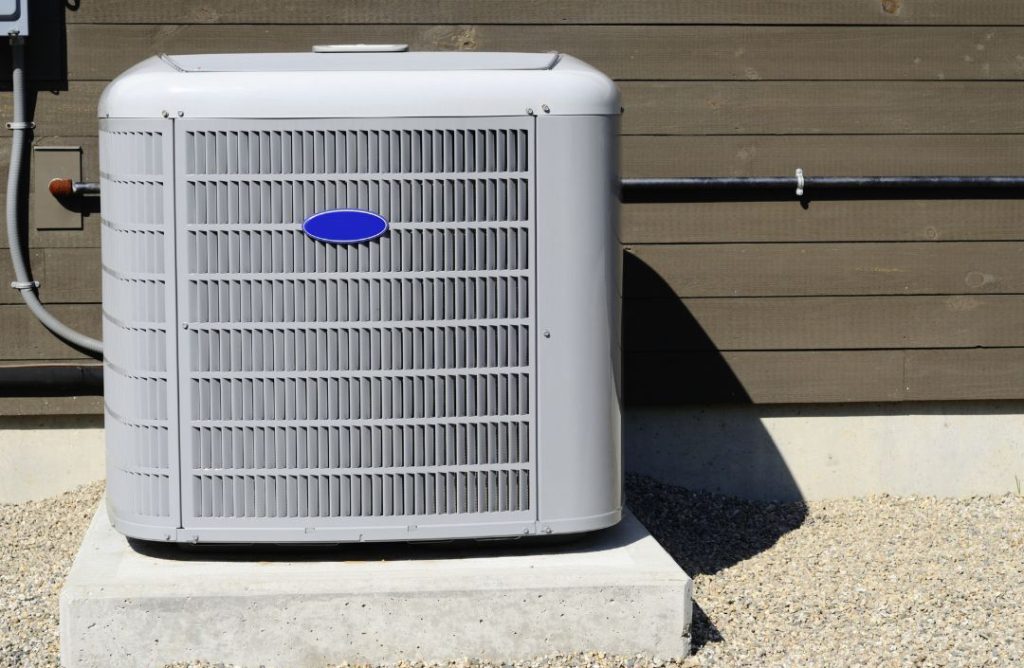
If you’ve been thinking about upgrading your air conditioning system, some big changes coming in 2025 could impact your decision.
The Environmental Protection Agency (EPA) has set new rules that will impact how air conditioning systems are manufactured and operated, introducing new refrigerants and compliance standards.
Here’s a breakdown of what’s coming, how it could affect your wallet, and what you should consider as you make your decision.
The New Regulations
Starting January 1, 2025, all new residential air conditioners and heat pumps must utilize A2L refrigerants. Older refrigerants like R-410, which are likely the refrigerant used by your current system, are being phased out. These new systems are designed to have a lower global warming potential (GWP).
While this is a positive step toward sustainability, it also means some significant shifts in what is available for homeowners.
Why This Matters
- Higher Initial Costs: The transition to A2L refrigerants is expected to increase manufacturing costs, which will likely be passed on to consumers. If you’re considering a new system, you will likely encounter higher prices for a new A2L refrigerant system than the current HVAC systems now on the market.
- Increased Efficiency: Newer systems that comply with these regulations are likely to be more energy-efficient. This means that while your initial investment may be higher, you could see savings on your energy bills in the long run.
- Installation Timeline: If you’re planning to install a new air conditioning system, it’s worth noting that equipment manufactured before the 2025 deadline can be installed until January 1, 2026. This gives you a bit of a buffer if you’re not ready to make a decision just yet.
What You Should Do
- Evaluate Your Current System: If your air conditioning system is nearing the end of its lifespan or showing signs of inefficiency, it might make sense to upgrade sooner rather than later. With the new regulations, waiting could mean paying more for the new system.
- Research Your Options: As manufacturers start rolling out systems that meet the new standards, do your homework. Look for models that not only comply with EPA regulations but also offer energy-efficient features to maximize your investment.
- Consult Professionals: Work with a qualified HVAC contractor who understands the upcoming changes. They can help you navigate the options available and provide insights on the best systems for your needs and budget and if it makes sense to make the change now.
- Consider Rebates and Incentives: As energy efficiency becomes a priority, there may be local, state, or federal incentives available for upgrading to newer systems. Be sure to explore any financial benefits that could offset the costs.
The changes coming in 2025 will reshape the HVAC landscape, affecting both the types of systems available and their costs.
Choose Acree Plumbing, Air and Electric For Your HVAC Needs
Right now, homeowners still have the option to purchase and install currently available HVAC systems that do not use the new materials. And components and refrigerant for those systems are expected to be available for up to another 15 years.
At Acree Plumbing, Air and Electric we can help evaluate whether it is a good time to replace your current system with an in-stock system. We will be able to continue to service your current system for the life of the unit.
The new HVAC regulations give homeowners a lot to think about when it comes to the future of your home’s heating and cooling systems.
Call an Acree expert today to help you navigate your HVAC repair and replace options.
